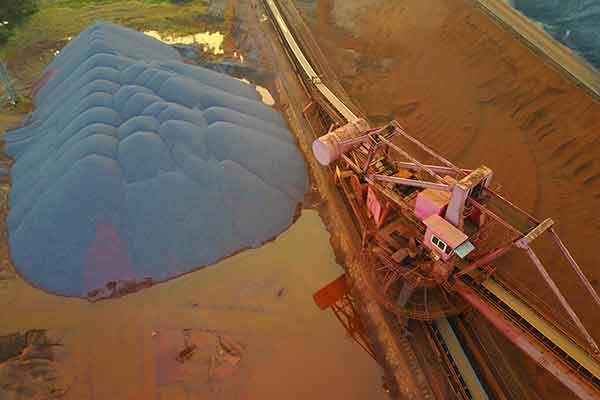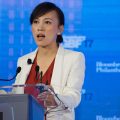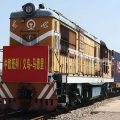
Introduction of overseas dealers to help develop widely accepted benchmark
China will introduce overseas traders to the domestic iron ore futures market at the Dalian Commodity Exchange from May 4, which is expected to help develop a widely accepted price benchmark, said a top official from the DCE.
“China, as the world’s largest importer and consumer of iron ore, has the obligation to provide an open, transparent and fair price benchmark reflecting the real supply and demand situation on the global iron ore market,” said Li Zhengqiang, chairman of the exchange.
According to China’s General Administration of Customs, the country’s iron ore imports increased to a record high of 1.075 billion metric tons in 2017, up 5 percent year-on-year.
Li said the introduction of overseas traders is based on the years of the mature operation of domestic iron ore futures.
DCE has issued rules on introducing overseas traders of iron ore futures in March.
It will maintain the existing contract, fundamental system, core technical system and core clearing and risk control patterns and adopt renminbi-denominated settlement.
Overseas traders can participate through a domestic futures company member or sub-entrustment by an overseas broker. Rules related to the use of overseas funds and the physical delivery have been established.
“All these measures will bring great convenience to overseas traders,” Li said.
China’s iron ore futures were listed on the exchange in October 2013. It is the first iron ore derivative in the world to solely adopt physical delivery.
“In the past five years, it has been operating safely and smoothly, having withstood the severe tests of violent market fluctuations,” Li said.
In 2017, DCE’s iron ore futures volume reached 329 million lots (32.9 billion tons), 23.44 times the total amount of iron ore swaps and futures transactions on the Singapore Exchange Ltd, the world’s second-largest iron ore derivative market.
Currently, the Platts Iron Ore Index is the dominant benchmark assessment of the spot price for the global iron ore market.
That index is based on inquiry instead of publicly traded prices in the market. Therefore, its representativeness, transparency and fairness are questioned by various parties, Li said.
As for DCE’s iron ore futures market, since the suppliers and overseas customers cannot directly participate in it, the resulting prices cannot fully represent those of the global market, he added.
“Participation in iron ore futures by both domestic and overseas traders will help form a futures price benchmark recognized by the international community and facilitate the development of global iron ore trading,” he said.
In recent years, remarkable changes have occurred in global iron ore supply and demand. Overseas mines, trading companies and other entity enterprises also need to hedge risks with futures instruments.
In April, DCE organized the China Futures Market Monitoring Center, futures-company members and information providers and undertook two full-market tests.
Currently, futures brokers are actively carrying out various market promotion activities and promoting preparations for the opening of accounts for overseas clients and registration, trading, delivery and other business involving overseas brokers.
The internationalization of iron ore futures is an important action in the opening-up of China’s financial sector.
Li said the listing of crude oil futures and the internationalization of the iron ore futures mean that China’s commodity futures market has achieved its transition from being closed to opened.
He said the exchange will continue to intensify its frontline regulation responsibility, prevent market risks and guarantee the stable implementation and smooth operation of introducing overseas traders of iron ore futures.


